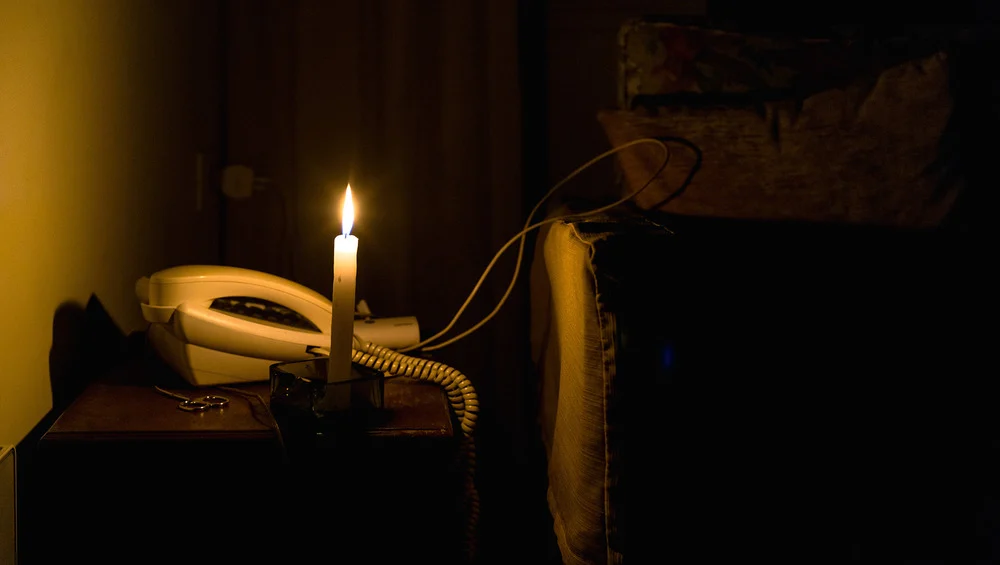As temperatures begin to drop in Lebanon, the country’s massive economic collapse means an increasing number of families will not be able to afford enough fuel to keep warm this winter.
It used to be Lebanon’s 1.5 million Syrian refugees who faced the very worst living conditions, particularly in the depths of winter. But today, with Lebanon among the world’s worst financial crises since the 1850s, more and more people are in dire need of help to run heaters or private diesel generators that supplement the state’s atrocious electricity coverage.
In the short term, there is no silver bullet. As is the case most years, international organisations will likely step in with band-aid solutions, such as cash aid and fuel distributions. In the longer term, however, it is time to invest money and political leverage in addressing the root cause of fuel poverty in Lebanon.
Even before the economy crashed, the country’s energy grid was in bad shape due to years of mismanagement and corruption. To help Lebanon overcome its chronic energy woes, the most pragmatic move now is to pave the way for a transition to renewable energy.
